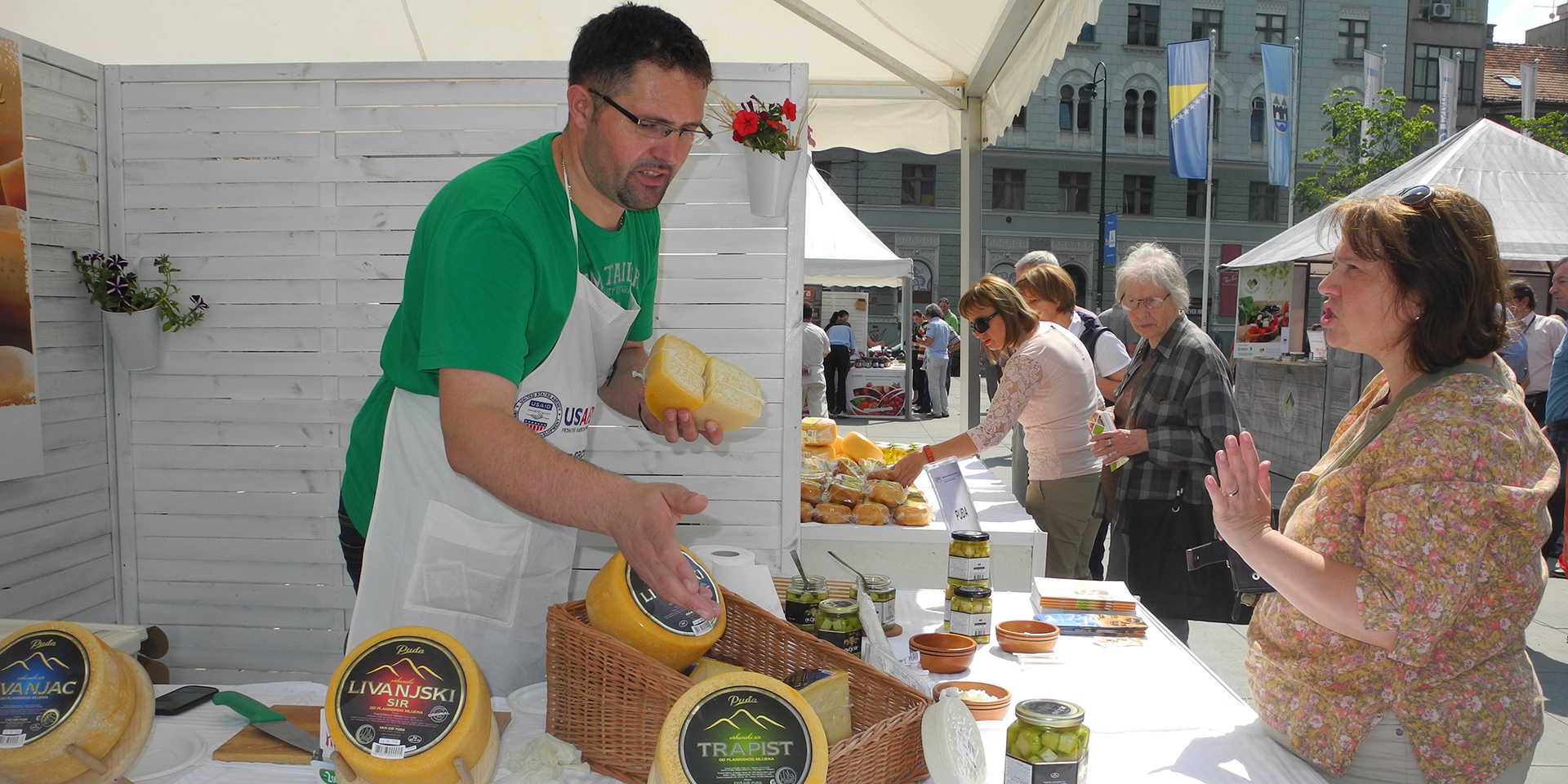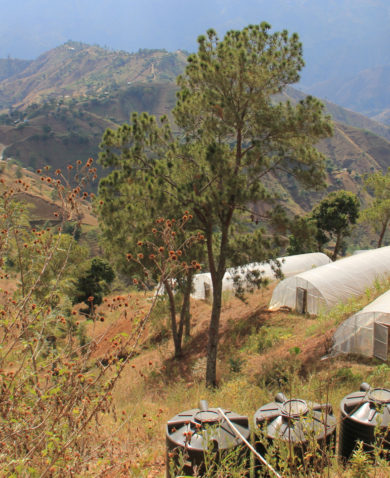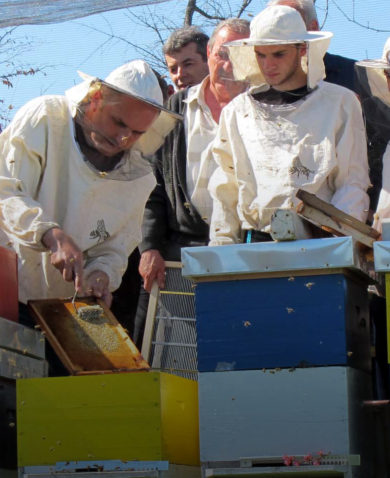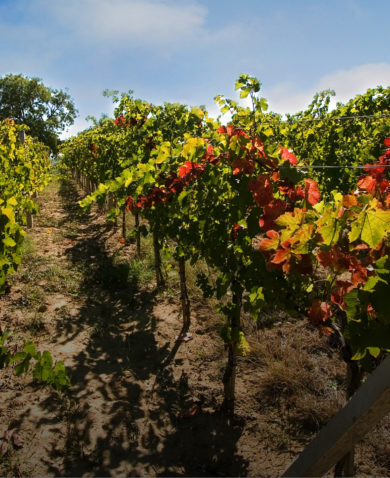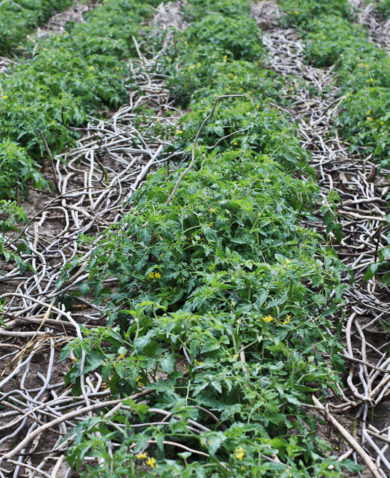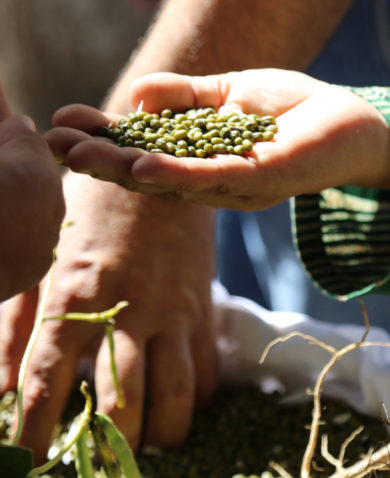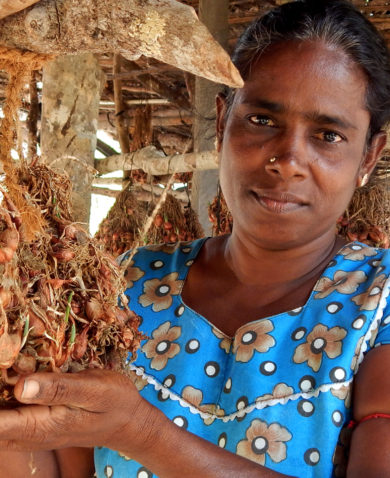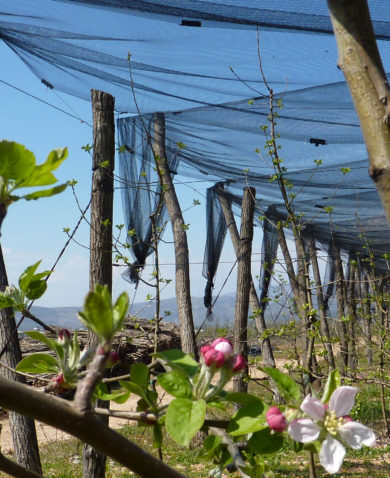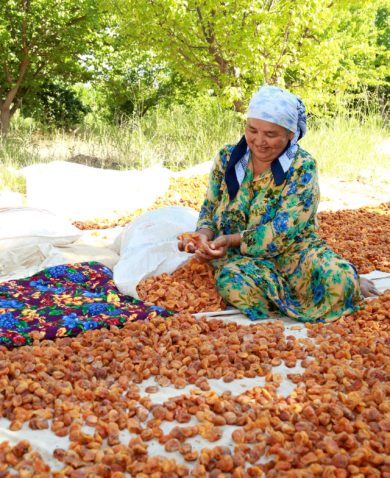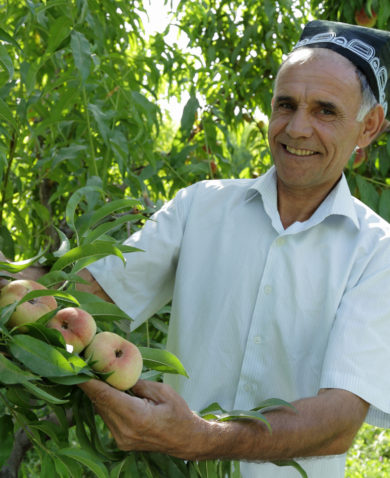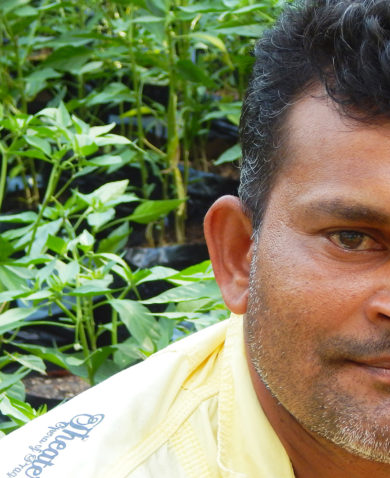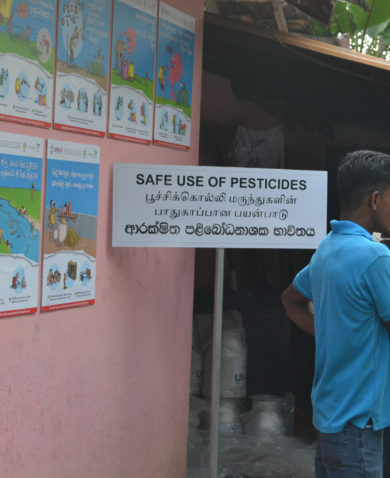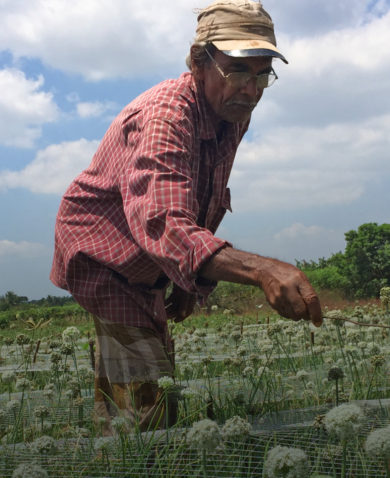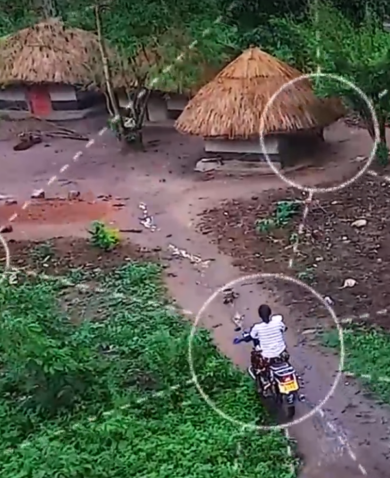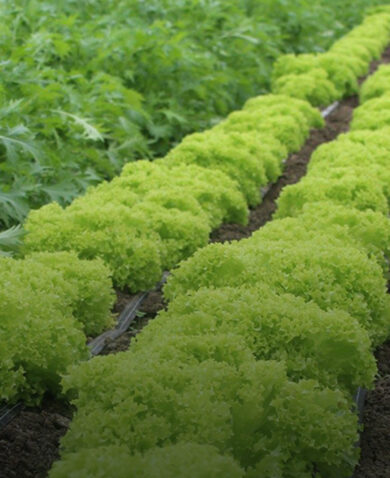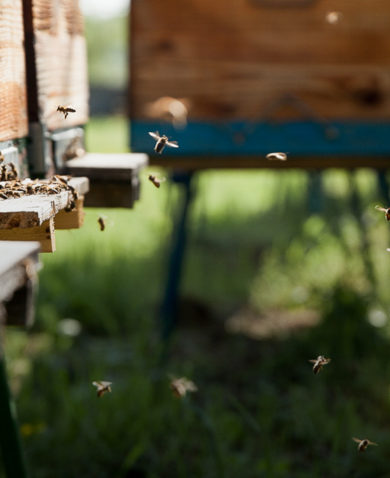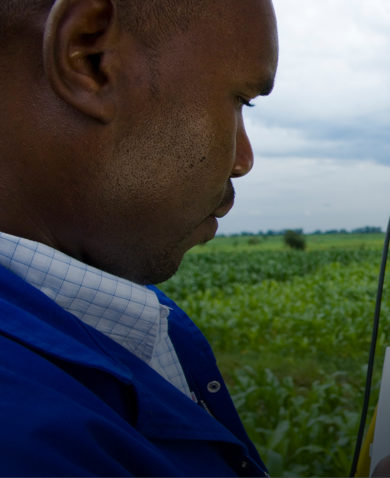Elvedin Mehić, director of the ZZ Eko Vlašić cooperative in Central Bosnia, which played a role in establishing the Cheese Producers Association, said the changes had been encouraging.
“Eko Vlašić became a regionally recognized brand as a result of hard work. With USAID/(Swedish International Development Corporation Agency) FARMA’s assistance, we improved our production capacities and standards,” he said. “We even started test production of cheese and cheese spreads in the EU. This is a result of cooperation with BiH diaspora-owned production and distribution companies based in the EU. We got the courage to be ambitious. And it’s a good thing.”
FARMA also paved the way for BiH’s dairy sector to meet EU requirements for the export of milk to the European Union. In June 2015, BiH got a green light from the European Commission’s Directorate General for Health and Food Safety to export heat-treated milk and milk products to the European Union (pending submission of a list of production facilities that are rated as compliant).
During the last 5.5 years, FARMA provided comprehensive training, assistance, and support to dairy producers and processers on good hygiene practices and EU regulations. Project staff provided assistance to producers and institutions in final preparation for the EU Food and Veterinary Office audit and supported adoption of three laws on food, veterinary, and agriculture and rural development. Adoption of these laws (particularly veterinary and food) was important so that BiH’s legal framework met EU requirements for food safety.

